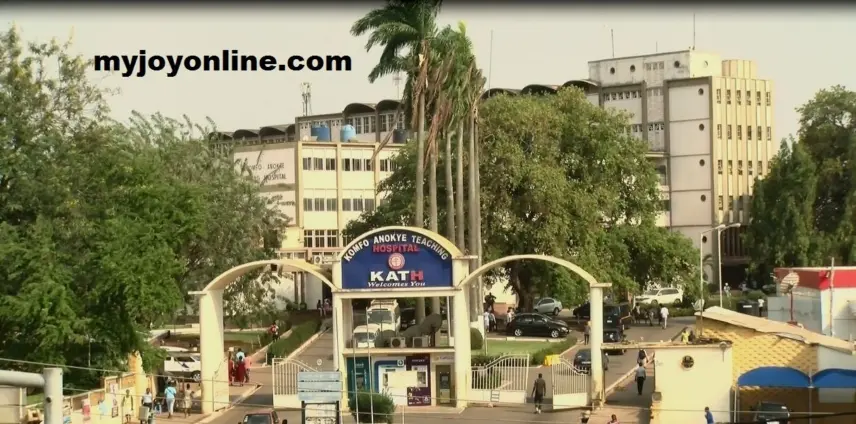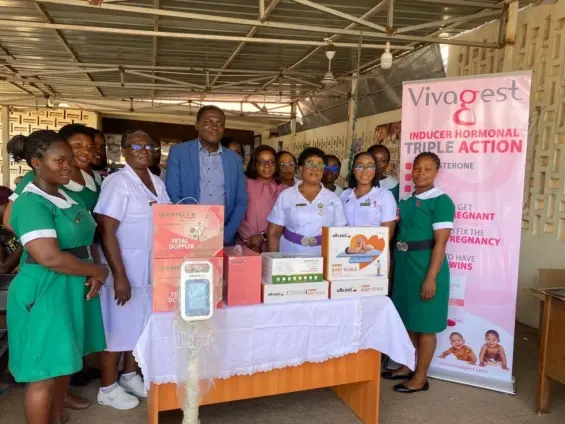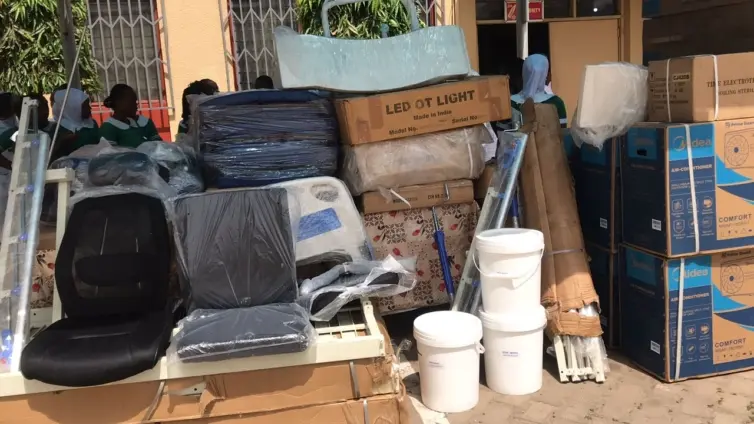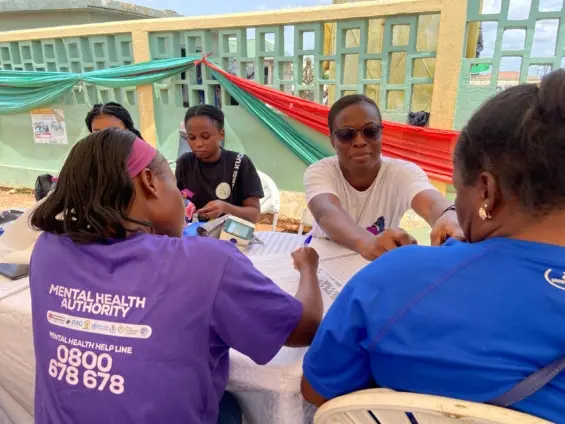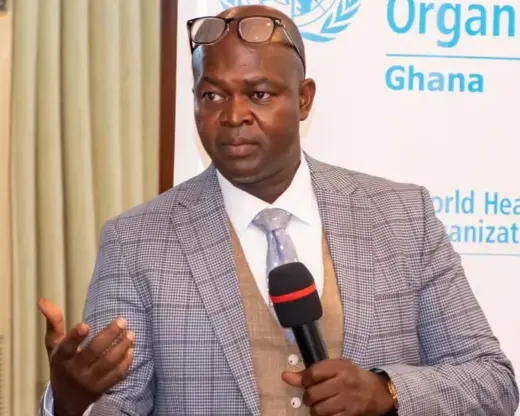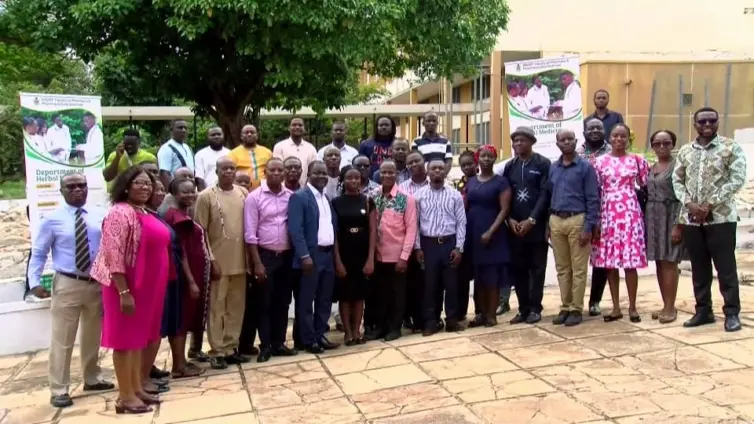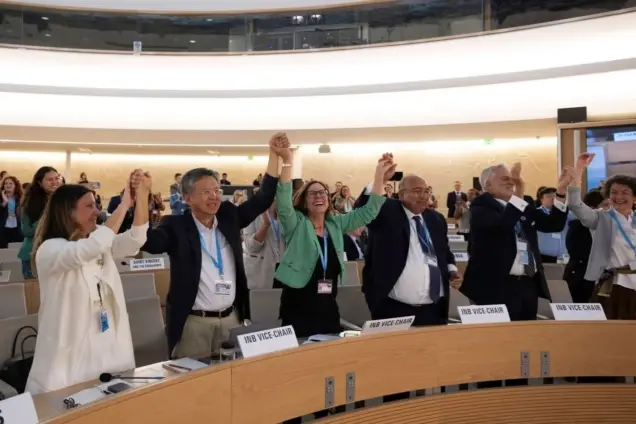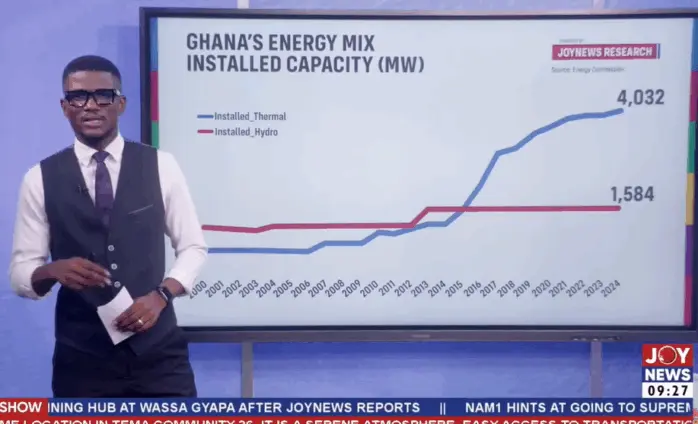The vital role medical laboratory professionals play in Ghana’s healthcare system is often unseen, yet their expertise underpins countless diagnoses and treatments. But behind the scenes, a storm is brewing. For years, qualified graduates have faced a disheartening reality: a near-impossible path to secure stable employment in their chosen field. The Medical Laboratory Professional Workers Union (MELPWU), the leading advocate for these professionals, is now escalating its fight against what it calls systemic recruitment discrimination. The Union is formally petitioning the Chief of Staff, outlining a deeply concerning failure by the government to grant financial clearance to thousands of qualified medical laboratory and allied health graduates. This inaction, they argue, perpetuates a cycle of job insecurity and undermines the very foundation of quality healthcare. The core issue revolves around equitable access to opportunities for medical laboratory professionals recruitment within the public health sector.
MELPWU’s petition highlights a stark disparity in how medical laboratory professionals are treated compared to their counterparts in other health professions. Since 2019, approximately 3000 qualified medical laboratory and allied health graduates have been left in limbo, denied the financial clearance necessary for permanent government employment. Instead, public health facilities have been forced to rely on internally generated funds (IGF) to employ these professionals on a casual basis, a situation that offers little in the way of job security or benefits. The frustration is palpable. “For six years, medical lab professionals have been overlooked, despite the well-documented shortages in our field,” says Dr. Cephas Kofi Akortor, MELPWU General Secretary. “This isn’t just about jobs; it’s about the health and well-being of the Ghanaian people.”
While medical laboratory professionals struggle for recognition, nurses, medical officers, and dental officers continue to benefit from regular mass recruitment exercises. A recent example cited by MELPWU is a Ministry of Health circular issued on May 13, 2025, for the recruitment of medical and dental officers – a circular that conspicuously omitted any mention of medical laboratory officers. This selective approach to recruitment raises serious questions about the government’s priorities and its commitment to ensuring a well-rounded and fully staffed healthcare system.
The consequences of this recruitment bias are far-reaching, impacting not only the individual professionals but also the overall quality of healthcare delivery. Medical laboratory professionals represent the largest group of health workers engaged under IGF arrangements across public hospitals in Ghana. This precarious employment status translates to insecure and poorly remunerated working conditions, with many lacking basic job security and essential benefits such as pension contributions. The situation has been described by some within the profession as a form of exploitation, with dedicated individuals being “overworked, underpaid, and unrecognised health professionals, whose contributions are being exploited under precarious conditions.”
The current situation is made all the more frustrating by what MELPWU describes as broken promises from the government. Following a nationwide strike in June 2024, assurances were given that financial clearance would be processed for 19,351 allied health professionals. However, to date, no concrete feedback or action has been taken, fueling a growing sense of disillusionment and agitation among both employed and unemployed professionals. This lack of progress has pushed the union to take a firmer stance, demanding immediate action to rectify the long-standing inequities.
MELPWU is demanding the immediate financial clearance and permanent posting of all qualified medical laboratory and allied health professionals, particularly those currently working under IGF arrangements. Furthermore, the union is calling for a clear, time-bound recruitment roadmap that ensures equity and regular employment opportunities for all health professionals. As Dr. Akortor emphatically stated, “The allied health community is no longer merely pleading for jobs – we are demanding fairness, equity, and justice.”
The union has warned that failure to address these demands will inevitably lead to legitimate industrial action, a step they are reluctant to take but feel compelled to consider in the face of continued inaction. The stakes are high, with the potential for disruptions to essential healthcare services if a resolution is not reached.
The core issues are clear: a persistent recruitment bias against medical lab professionals, a detrimental impact on their working conditions and job security, and a series of unfulfilled promises from the government. Addressing these disparities is not simply a matter of fairness; it is essential for maintaining a robust and effective healthcare system in Ghana. Fair medical laboratory professionals recruitment practices are vital to ensuring the nation’s health.
Image Source: MYJOYONLINE


